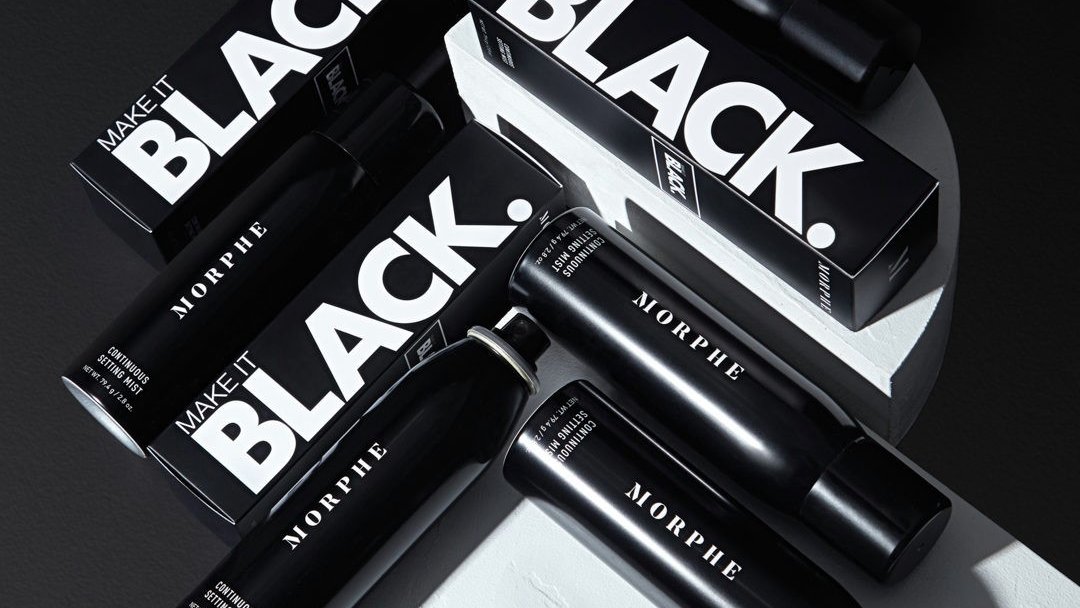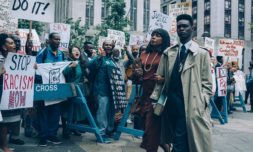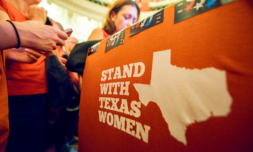MAC Cosmetics, e.l.f, and Morphe are just some of those involved with a campaign that’s seeking to shift perceptions about what it means to be Black.
In 2020, the pressing question of ‘how can I help’ was one that dominated social media well into the following year.
It came on the back of protests across the globe which not only called for an end to police brutality and justice for George Floyd’s murder, but for improved allyship from major brands long at fault of profiting off the exploitation of Black people.
With BLM now the largest civil movement in US history, it’s become increasingly difficult for companies to attract consumers with empty promises of their solidarity towards the community and in 2022, support fuelled by underlying performative motives will be sniffed out in an instant.
Unfortunately, throughout recent months most black-square posting brands have fallen short in their responsibility to keep momentum going and the brunt of substantive action has fallen back into the hands of those with far less influence.

It appears with the exception of some key players in the beauty world, however, thanks to Sharon Chuter, a powerful advocate for Black voices throughout the industry and founder of Pull Up For Change, an organisation working to usher in a future of fair Black representation at corporations and hold them accountable for their self-proclaimed ‘wokeness’ when the push for equality was impossible to ignore.
On a mission to change the way people think about the word ‘Black,’ her latest campaign aims to shift perceptions around what it means to be Black, reject negative connotations, and celebrate the beauty of Blackness.
How? By partnering with the likes of MAC Cosmetics, e.l.f, and Morphe (among a slew of others) on limited edition, all-black packaging for their best-known products to raise awareness and provoke meaningful conversations. All profits – last February’s first incarnation was hugely successful raising a whopping $400,000 – go to the Pull Up For Change Impact Fund, which provides funding to emerging Black business owners.


















